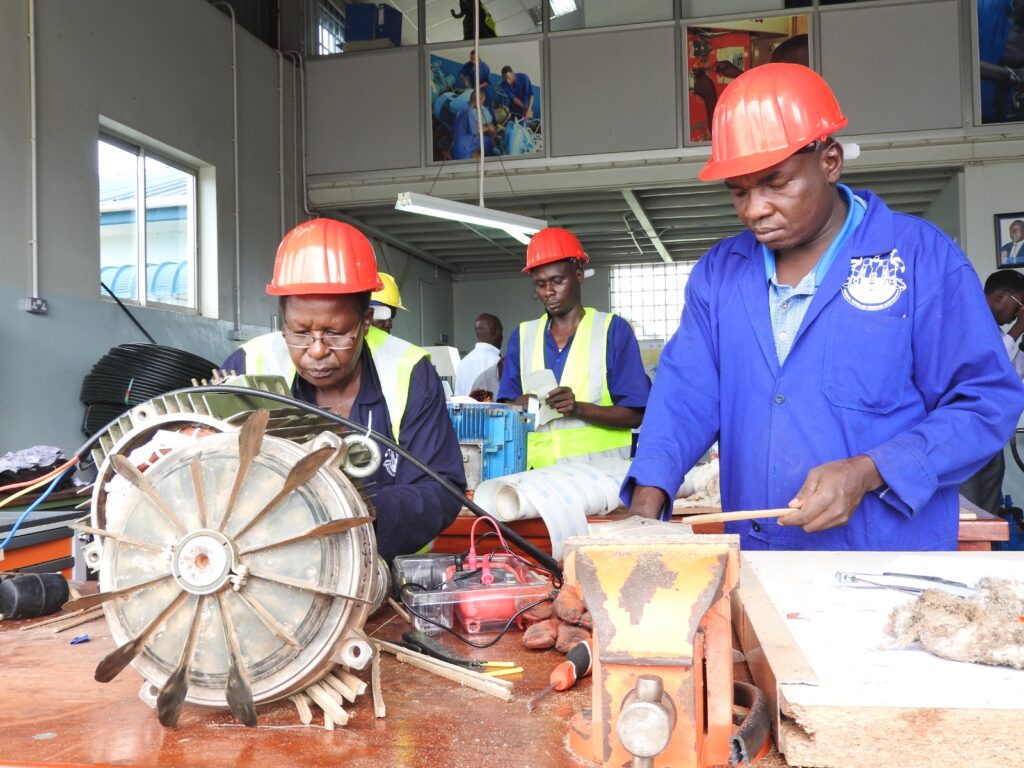
Capacity development refers to the process of acquiring, strengthening, and maintaining the capabilities needed to achieve sustainable development objectives over time. Training, on the other hand, is a specific form of capacity development that involves imparting knowledge, skills, and attitudes related to particular competencies. Training and capacity development are essential for organizations as they foster innovation, increase efficiency and effectiveness, enhance employee skills and competencies, and drive growth and development, ultimately leading to improved job performance, employee retention, increased productivity, compliance with regulations, improved customer service, and greater job satisfaction.
For the National Water and Sewerage Corporation (NWSC), sustainable development means progress and responsibility, requiring ambitious investments in human capital. NWSC’s Corporate Plan 2021-2024 prioritizes skilling and workforce development under Strategic Priority Areas 3 and 5, which are linked to employee capacity development and organizational sustainability. Continuous training and capacity development are critical to achieving NWSC’s core values of professionalism and excellence.
NWSC established its first training center, the International Resource Center (IREC), in Bugolobi in 1987 to contribute to the professional development of its employees. Since then, NWSC has opened other training centers in different regions of Uganda, including the Vocational Skills Development Facility (VSDF) in Ggaba, West and South Resource Center (WESREC) in Bushenyi, Kachung Vocational Training School in Lira, and training hubs in Jinja, Gulu, and Mbale. These facilities have trained over 2000 NWSC staff in areas such as water treatment, plumbing, electromechanics, and customer service.
To secure its future sustainability and improve service delivery, NWSC has signed MoUs with the Water Education & Development Center (WEDC) at Loughborough University in the UK and the Institute of Water Education (IHE) in the Netherlands. These partnerships have enabled NWSC to sponsor its staff to acquire MSc degrees in Water & Waste Engineering, Water and Environmental Management, and Sanitation from these prestigious institutions. These programs combine in-person training in both the UK and Uganda with self-study distance learning.
NWSC plans to strengthen its regional training hubs, develop new ones, focus on full occupation qualifications for key categories of staff, increase gender participation, improve e-learning, and diversify its courses into other disciplines. NWSC’s Director Business and Scientific Services, Dr. Rose C. Kaggwa, emphasizes that a well-trained workforce is essential for improved service delivery, as training allows employees to acquire new skills, sharpen existing ones, perform better, increase productivity, and become better leaders.
In conclusion, NWSC’s commitment to competence-based training and capacity development will ensure that it can deliver high-quality services to the people of Uganda and make a positive impact on the country’s socio-economic development.


